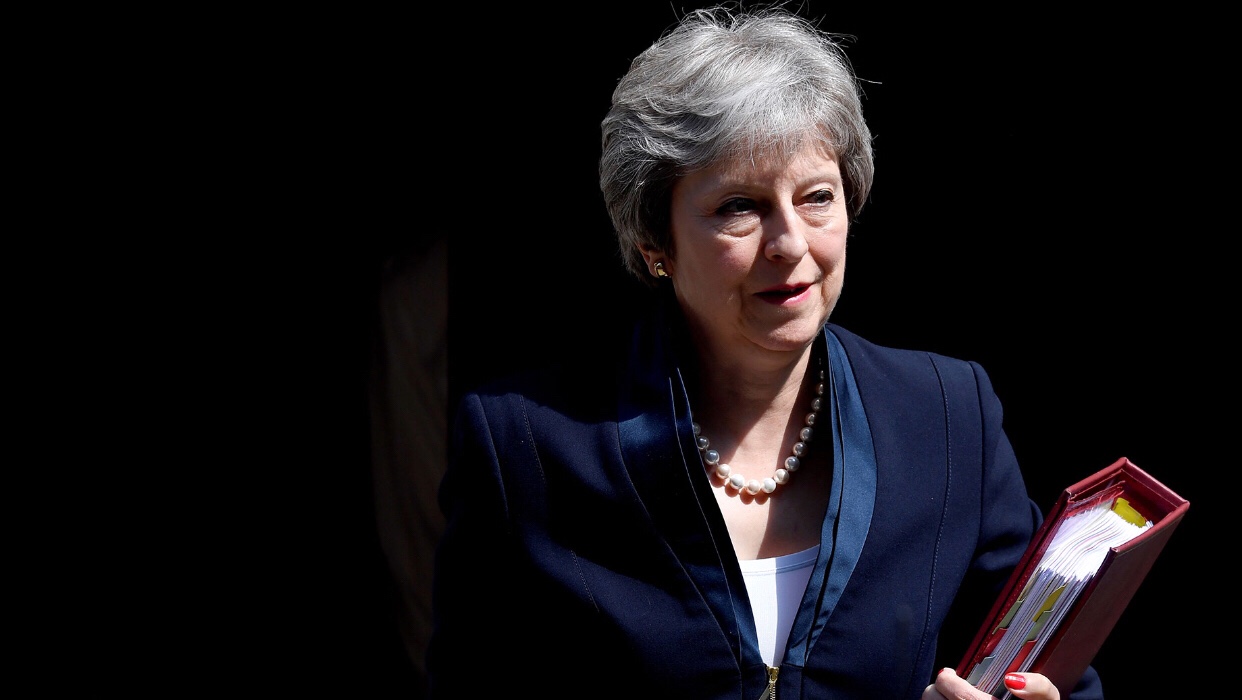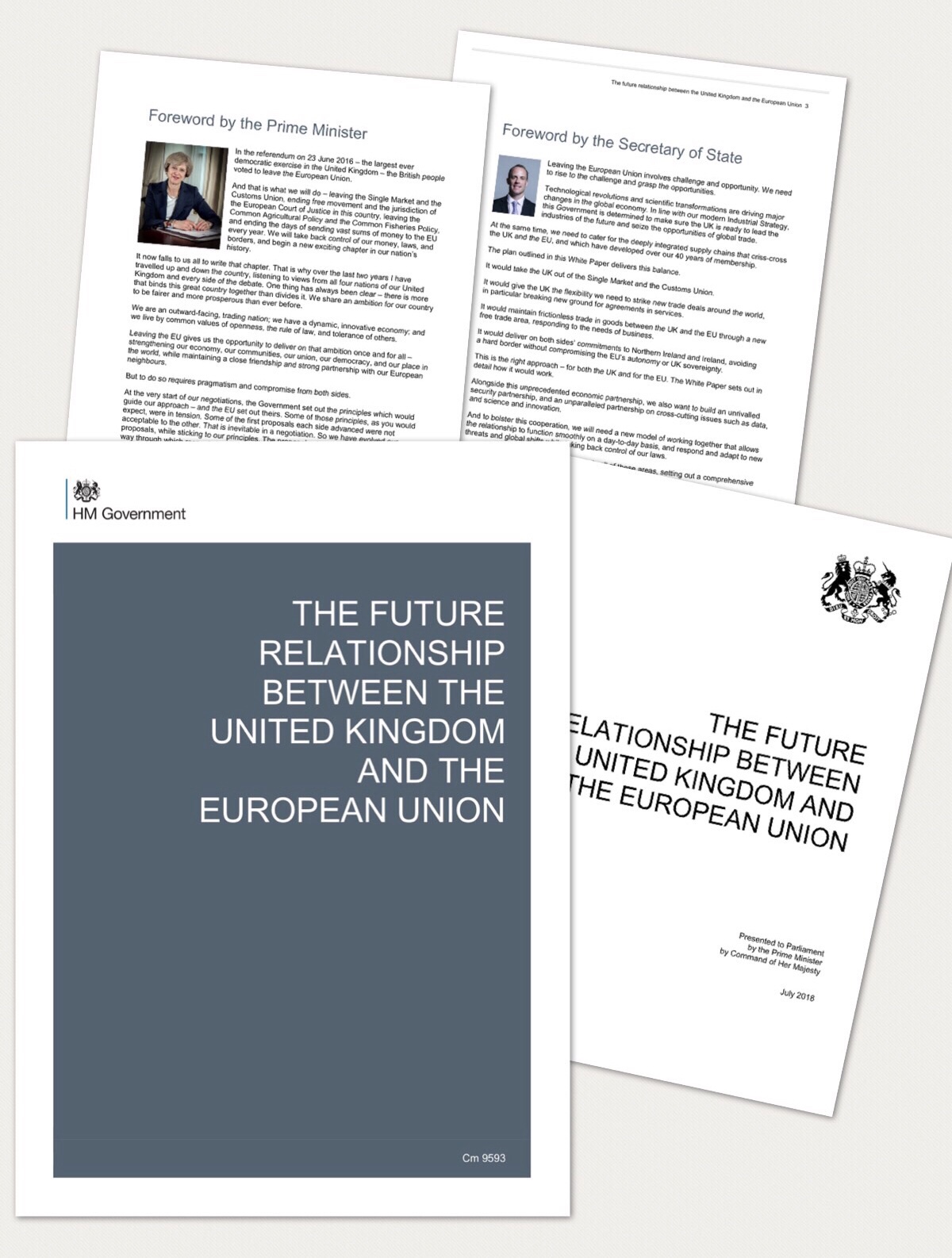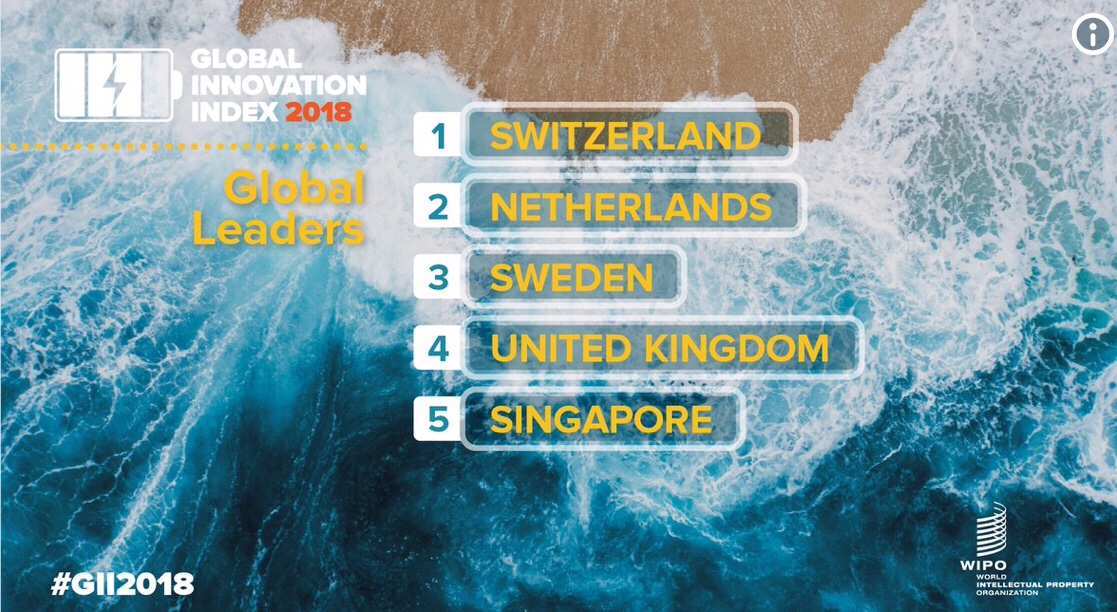Earlier today the UK Government Brexit White Paper was published. 104 pages. A document outlining the UK position the future relationship between the United Kingdom and the European Union post- Brexit.

In the foreword written by PM Theresa May, she stresses that:
“In short, the proposal set out in this White Paper would honour the result of the referendum. It would deliver a principled and practical Brexit that is in our national interest, and the UK’s and the EU’s mutual interest”.

Now we will have to analyze the paper, digest it and then await the reaction from the EU.
On Customs a new Option 3, ‘The Facilitated Customs Arrangement’ (FCA). We would certaonly need to know more about this option before we know how this would work in detail. The report underlines that:
“The UK and the EU should agree a new trusted trader scheme to allow firms to pay the correct tariff at the UK border without needing to engage with the repayment mechanism. This is most likely to be relevant to finished goods”.
You can read the entire report here: UK Government Brexit White Paper
The 2018 Global Innovation Index (GII), released on Wednesday, ranked Sweden as the third most innovative country behind only Switzerland and the Netherlands. Sweden dropped one spot from last year’s index, swapping positions with the Netherlands.
Compiled by World Intellectual Property Organization (WIPO), Cornell University and France’s INSEAD business school, the innovation study is described as a “detailed quantitative tool that helps global decision makers better understand how to stimulate the innovative activity that drives economic and human development”.

It looks at over 80 indicators ranging from rule of law (where Sweden took first place), patent applications (also first) to knowledge and technology outputs (third place) and even Wikipedia edits (third place).
Sweden jumped up five spots to sixth in the overall category of ‘creative outputs’ and saw a marked improvement in the sub-category of ‘ecologofical sustainability’, where it moved up from 20th to 12th.
Although Sweden was once again singled out as one of the world’s most innovative countries, the GII also pointed to weaknesses including its pupil to teacher ratio in secondary schools, purchasing power, foreign direct investment (FDI) inflows and productivity growth.
Seven of the top ten and 15 of the top 25 countries in the 2018 GII were in Europe.
“The EU as a whole is clearly an important force for innovation, in particular if one considers the EU-wide efforts on education, the R&D expenditure of the region, and the combined IP filings or its output in the area of total high-tech manufacturing,” the report read.
Rounding out the overall top ten behind Sweden were the United Kingdom, Singapore, the United States, Finland, Denmark, Germany and Israel. At the bottom of the 126-country ranking was Yemen.
Source: The Local
Now we are counting down the hours for the post-Checkers agreeemnt Brexit White paper. Soon we will see.






You must be logged in to post a comment.